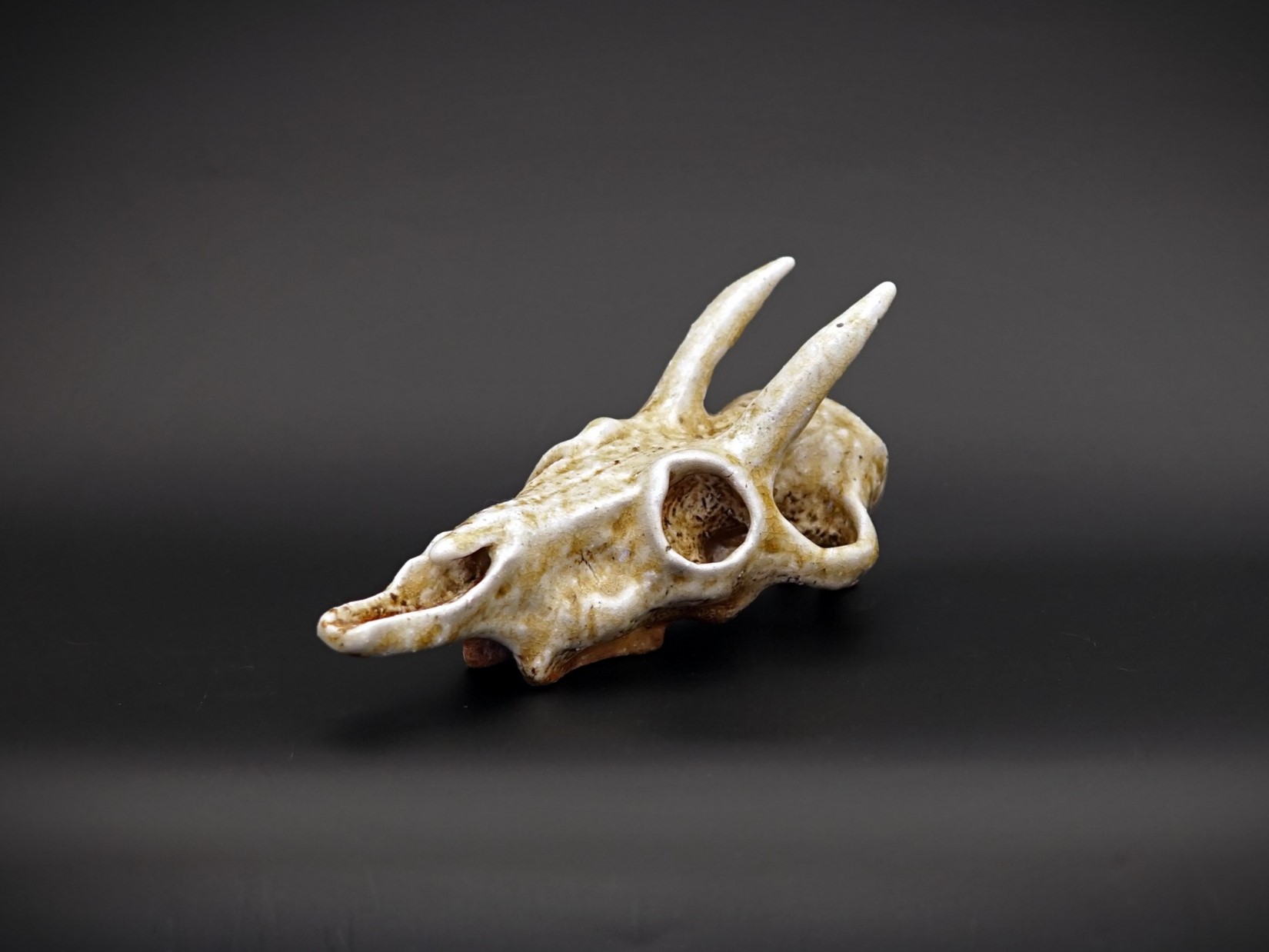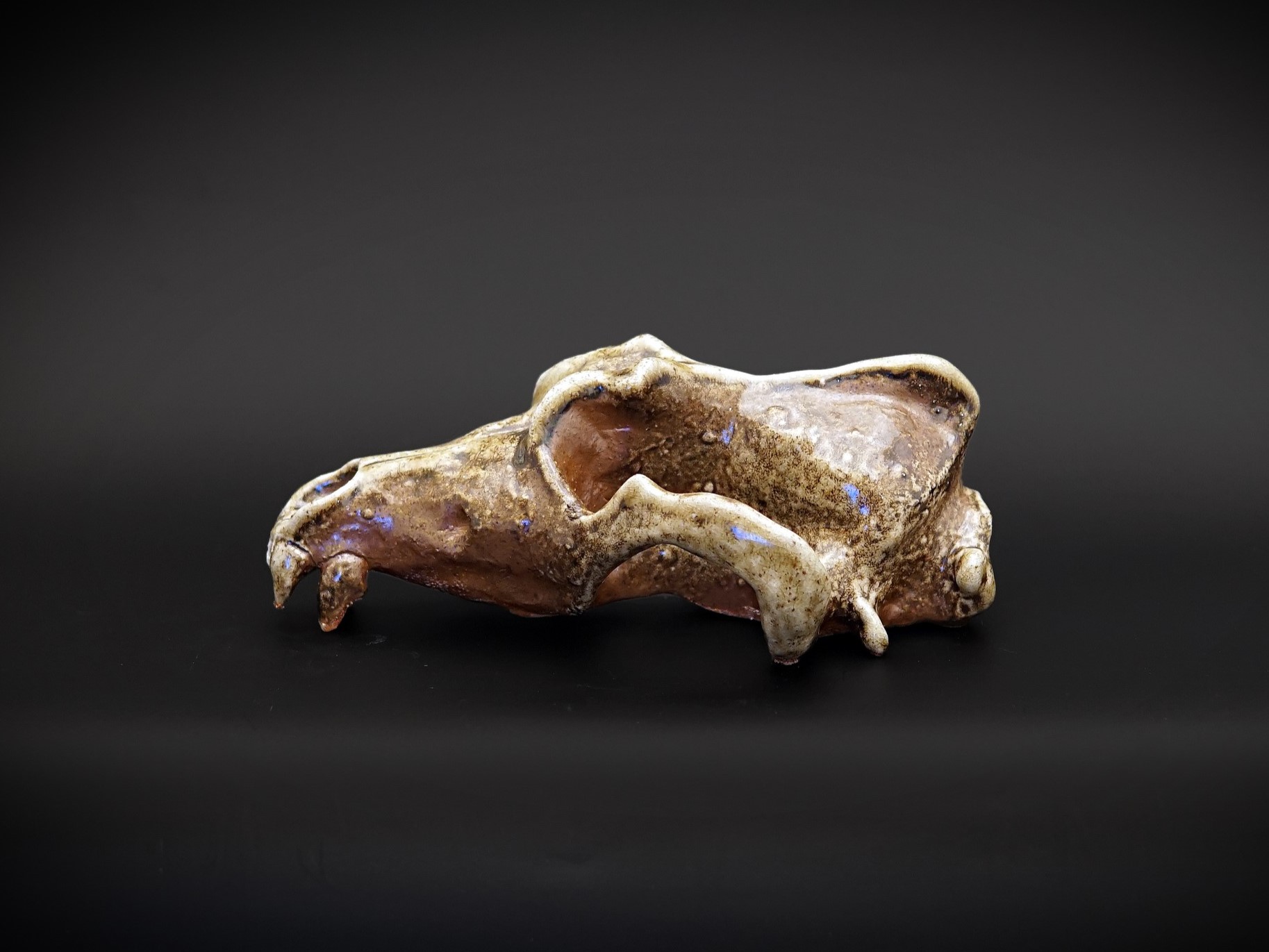Tzu Yin Wu
Taiwan
Tzu Yin Wu / Taiwan
Ceramic Artist / Founder of Chishang Pottery
Tzu Yin Wu has loved drawing since she was a child, showing a unique talent for art. Her open-minded parents gave her the freedom to develop her passion, becoming her biggest supporters. She studied art in college, and although she initially loved drawing, she fell in love with ceramics after being introduced to it. Knowing her interest, her mother signed her up for a traditional kiln tour organized by the Miaoli County Cultural Affairs Bureau, where she met her mentor, Lin Jui Hwa from Zhu-Nan Snake Kiln.
▍ Ceramics Enlightenment - Zhu-Nan Snake Kiln
During that summer, Tzu Yin Wu learned clay molding and wood-firing techniques daily at the kiln. At 19, she decided to build her own kiln. Her supportive parents, both from eastern Taiwan, returned to Chishang after her father's retirement in 2011, influencing her decision to create in Chishang. In 2015, she decided to build a kiln there. Though it started as an idea without a timeline, her parents began gathering essential materials. By the time she built her first kiln in 2019, she had enough materials for several firings.
▍ Major Turning Point - Research in Japan
After completing her undergraduate degree, she pursued a master's and a Ph.D., focusing on how ceramics, as intangible cultural heritage, are preserved through social networks in Japan. She spent 1.5 years researching in Japan, visiting major ceramic hubs like Osaka, Nagoya, Mino, Gifu, and Kyushu. She found that the high level of aesthetic education and quality of life in Japan made art a significant part of daily life, influencing her views on art and ceramics.
Japan's influence led her to abandon her Ph.D. thesis, opting to focus on practical work instead. She realized that being a ceramics artist in Chishang would be best pursued through a semi-agricultural, semi-ceramics lifestyle, inspired by the traditional practices she observed in Japan.
▍ Founding "Chishang Pottery" - Promoting Craft's Social Impact in Chishang
Chishang, with its fertile soil and abundant natural resources, is ideal for both agriculture and ceramics. Wu believes that integrating craft experiences into Chishang's tourism can enhance visitor engagement and educate people about the relationship between craft and the land. Good materials and environment produce excellent ceramics and culinary dishes, emphasizing the importance of environmental protection.
▍ Integrating Art into Life, Protecting the Environment through Art
For Wu, craftsmanship is not just about aesthetic appreciation but also cultural significance. She aims to use craft as a powerful interface to influence society positively. She doesn't focus solely on creating award-winning pieces but wants to integrate craft into everyday life in Chishang, highlighting its benefits.
In 2019, Wu applied for the "Youth Return to Rural Innovation Research Project," aiming to incorporate art into life. She hopes to build a team to integrate ceramics into dining experiences, changing the local food culture. Her initiative has connected her with many young returnees in Chishang, and around ten restaurants, guesthouses, and private kitchens have joined her to learn ceramics, aiming to transform the local dining aesthetics. Wu envisions a symbiotic relationship between food, agriculture, and crafts, creating a unique perspective on Chishang.


